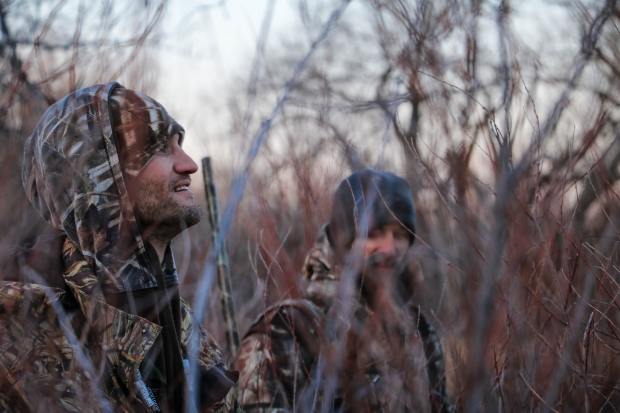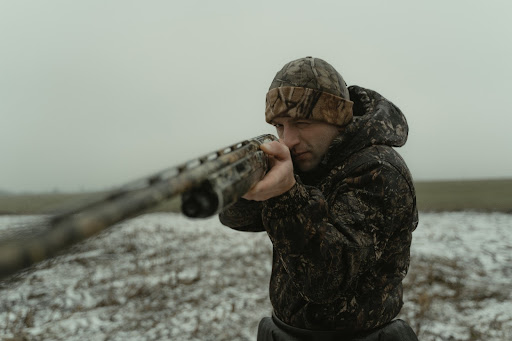A hunting trip can be a tremendous experience, or it can be a tragic disaster. The difference often lies in preparation and avoiding common mistakes. In this blog post, we’ll cover four of the most common mistakes novice hunters make, and how to avoid them. If you are planning your first hunting trip, be sure you read this post!
1) Not doing your research
Researching for hunting trips is important to make sure that you have the best experience. Before embarking on your first hunting expedition, it’s important to understand local laws, regulations and licensing requirements. Research the regulations in the area where you plan to hunt and identify game species and bag limits. Make sure you know the exact times of year for various species, in addition to when hunting is not allowed in certain areas or parks.
So should you studying similar topics such as firearm safety, proper handling of harvested game, scouting techniques and tracking skills. Learn what type of material you will need and ensure everything is packed and prepared to go before your trip. Carrying a map or GPS device is also helpful so you can find your way without getting lost in unfamiliar territory. Knowing the local plant life can help you identify wildlife food sources which will increase your chances of success in your hunt. Finally, practice shooting at a certain distance so you can improve your accuracy before aiming on the field.
2) Not ready
Hunting requires you to be prepared for the elements and other unexpected circumstances. It is important that you have extra clothing, food, water, shelter and emergency medical supplies with you in case of an unexpected emergency. Apart from providing basic necessities, it’s also a good idea to bring a few items to keep yourself occupied such as books or magazines. Having something to do while away from camp can help pass the time during long waits for a game.
It is also important that your weapon is correctly maintained before going out hunting. Make sure your firearm is cleaned and lubricated before leaving and check if you need new ammunition or additional accessories such as Night Vision Scope or slings. If you use a bow, ensure it’s strung properly and the arrows are sharpened. Having the right equipment for hunting can make all the difference in a successful or unsuccessful trip.

3) Not being aware of your environment
Being aware of what is going on around you is important for a safe hunting experience. Make sure you all the time know where fellow hunters are so nobody gets hurt by friendly fire. Also, watch out for other wildlife like bears or cougars in some areas. Respect their space and never approach them unless absolutely necessary. If you encounter a dangerous animal, stay calm and back away slowly while making noise to scare them away.
In conclusion, by following the tips mentioned in this article, you can save yourself a miserable first hunting trip by avoiding common mistakes. Researching local laws and regulations, being prepared for the elements and being aware of your environment are all important things to do have a lovely experience. With these tips in mind, you’ll be well on your way to becoming a successful hunter.












